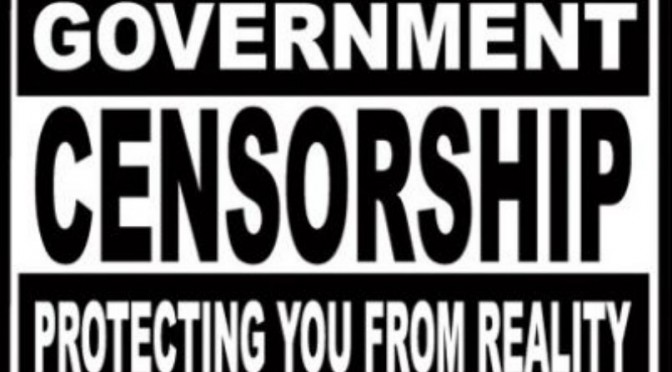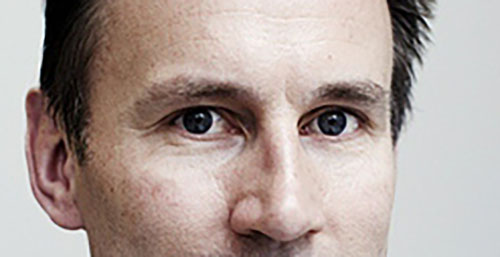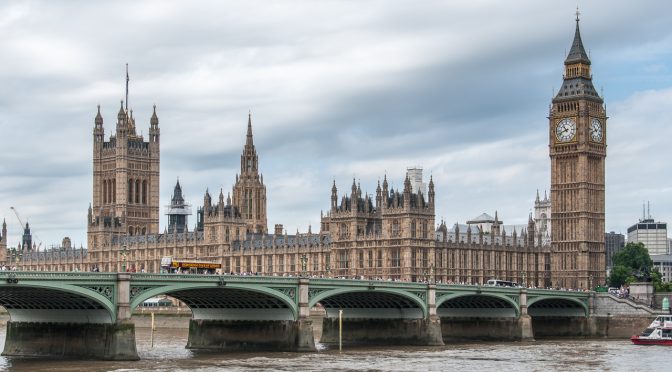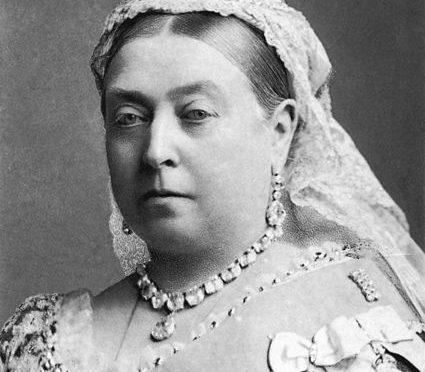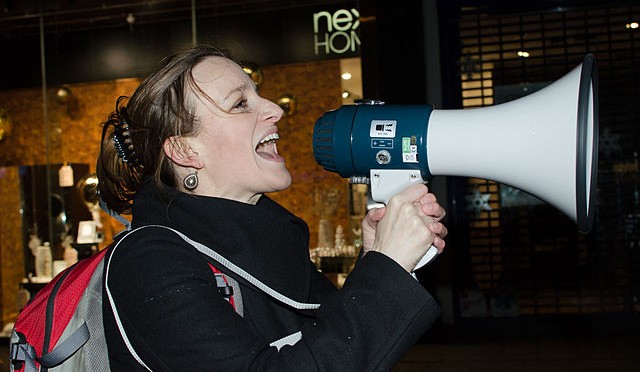We received news today that Fetlife.com, a cornerstone of the global kink community, has been forced to remove vast amounts of content in order to stay in business.
My book Porn Panic!, published last year, warns of an imminent attack on sexual freedom and free speech. These things don’t exist in a vacuum: they are proxies for liberties that have been taken for granted in the western world for decades. The sexual expression I defend isn’t that important in its own right: what’s important is that sexual expression is the stone on which wannabe dictators sharpen their knives.
Now, with the authoritarian Trump administration taking power, and the promise of Internet censorship coming to the UK this year, there can be little doubt where things are going. Only a couple of weeks ago, Backpage.com was bullied into closing down its adult services advertising in the United States. Now, the assault on Fetlife confirms the direction of travel. Hold onto your hats, because this is going to get very very rough, very very fast. To support this campaign against censorship, please donate or buy Porn Panic! and help spread the word.
Below is the full announcement issued by Fetlife this week:
John Baku @ Fetlife posts:
Changes
by JohnBakuI have a lot to apologize for; I apologize for the cryptic announcement I made last Tuesday. I apologize for the deletion of 100s of groups and 1,000s of fetishes without any warning, let alone sufficient notice. I apologize for not making this announcement earlier and leaving everyone in the dark, and most importantly, I apologize for letting many of you down.
I wish we could have done things differently, but even upon reflection, I believe we did what we had to do to protect the community and FetLife with the information we had when we made each decision along the way.
Before making any decisions, we consulted with multiple parties. We consulted with the team, partners, financial institutions, the NCSF (National Coalition for Sexual Freedom), the FSC (Free Speech Coalition), lawyers, and anyone else we thought might have insight for us.
So, why did we make the announcement last Tuesday? Why did we remove some of the content we removed over the last 3-4 days? And, why didn’t we delete some of the content a lot sooner?
Everything falls under one of three categories: financial risk, legal risk, and community risk.
Let’s first talk quickly about the financial risk and get it out of the way because I don’t want it to detract from the high priority issues i.e. the legal and community risks.
The Financial Risk
A merchant account is what allows us to process credit cards on FetLife. The ads you see on FetLife covers the cost of approximately 1/2 the cost of our servers and bandwidth – that’s it.Your support pays for the other half of the servers, plus the team that keeps FetLife up and running, lawyers, accountants, software, etc. So your support pays for the vast majority of FetLife’s monthly expenses.
Hence, without a merchant account, FetLife runs at a loss every month – and we are not talking a couple of dollars a month, we are talking significant losses.
Last Tuesday we got a notice that one of our merchant accounts was shutting us down. One of the card companies contacted them directly and told the bank to stop processing for us. The bank asked for more information, but the only thing they could get from the card company was that part of it had to do with “blood, needles, and vampirism.”
Like me, you are probably thinking, but they have to give you a good reason? No, no they don’t. The only thing they have to do is protect their interests sadly.
Because we couldn’t get any more information than that, we had to act quickly and preemptively protect our other merchant account by making changes to our content guidelines. But since we were very much in the dark, we didn’t think it would be a good idea to go into any more detail than we did at that point.
Three days later, we get another notice, this time from our other merchant account. They got a similar call from the same card company, and they were asked to close our account. This time they were told it was for “Illegal or Immoral” reasons.
Both of the bank’s compliance departments thought it was prudent to close our accounts down even though they were only contacted by one of the card brands so not to risk being fined from both card brands.
The banks maintain a shared list that contains all merchant account closings. The card brand also required the banks to add us to the list which will make it tough for us to ever get a merchant account again, at least for the foreseeable future.
Hence we can no longer process credit cards on FetLife and will most likely not be able to for a while.
The Legal Risk
Over the last five days, we’ve had the opportunity to speak to multiple organizations, each with part of the puzzle.There are numerous things at play here:
A highly publicized rape case in Australia involving a member of the community;
An organization that participated in the anti-porn bill that wants to see sites like FetLife taken off the internet;
Talk of reviving the obscenity task force in the US;
The Digital Economy bill in the UK that’s being debated currently;
BPjM in Germany; and
We’ve been one of the most liberal, if not the most liberal, adult site on the web which makes us the perfect target;
We can put our heads in the sand, but that is both naive and irresponsible. All of the above have real legal risks attached to them with potentially equally real consequences. Maybe not to you directly but it does to FetLife, the team behind FetLife, and myself.The Community Risk
The one thing that bonds us all together is our love for the kinky community. Without the kinky community, without sites like FetLife, many of us would not have a place to call home, a place in which we are accepted and understood, and dare I say a place in which we feel free to be ourselves.If we hope to win the war, if we want our society to be more accepting of us, then we can’t give them a reason to vilify us. People always need someone to blame, and we need to stop making ourselves the easy target.
On what seems like a daily basis, we hear of another atrocious sex or hate crime committed against a fellow friend. And for every story we hear, there are tens of thousands we never hear about. As a community, we need to stop turning a blind eye.
One of the ways to do that is through defining a better list of guidelines that we live by as a community.
Changes Ahead
At first, it bothered me that we would have to tighten our rules because I felt I was letting people down. But after discussing potential changes with the NCSF, CFP, lawyers, and our merchant providers, I couldn’t help but be excited for the community and FetLife’s future.Maybe I’m just a naive optimist, but I believe this is an opportunity for us to set the bar higher. These changes affect many of us, to one degree or another, but I think the sacrifices some of us will have to make will be worth it in the grand scheme of things.
Both FetLife and the NCSF believe that the proposed changes will give us the opportunity to flourish as a community while better protecting ourselves from outside attack.
With the help of the NCSF, lawyers, partners, and merchant providers, we came up with the following pillars that will make up our guidelines:
Nothing non-consensual (abduction, rape, etc.)
Nothing that impairs consent (drugs, alcohol, etc.)
No permanent or lasting damage (snuff, lacerations, deep cutting, etc.)
No hate speech (Nazi roleplay, race play, etc.)
Nothing that falls under obscenity (incest, etc. )
These guidelines aren’t intended to be a negative comment against your kink or your fantasies. Some things we believe can be done ethically, like CNC or hypnosis, but they can also be considered nonconsensual in a legal context, and we have to take into account the opinions of the authorities and merchant accounts as well to not only survive but thrive as a community.Non-Consensual Deletion of Content from FetLife
Why did we act without first announcing changes and without first notifying anyone who would be affected? I know many of you might not believe me when I say this, but it was for our protection.Yes, it was mainly for FetLife’s and my protection, and we had to act swiftly. One could easily argue that we didn’t move swift enough and that I shouldn’t even make this post because something in it might incriminate FetLife or me.
It’s always been a delicate balancing act. We try our best to balance the needs of individual members, the community as a whole, the team, and FetLife itself.
Everyone’s needs are not always balanced equally. Historically we’ve sided more with individual members needs, but what we’ve learned from recent events is that we need to start putting more weight on the safety of the community, FetLife, and the team behind FetLife – including my personal safety.
Next Steps
We are still going through FetLife to see if anything else needs to be removed or cleaned up. While going through this exercise, we are using the different situations we encounter to help us better define where we need to draw a line.We hope to be able to publish our new content guidelines shortly as well as implement changes to caretaking so that we don’t ever find ourselves in a similar situation again.
After that, we need to work to repair any relationships we might have ruined with members both inside and outside the community.
